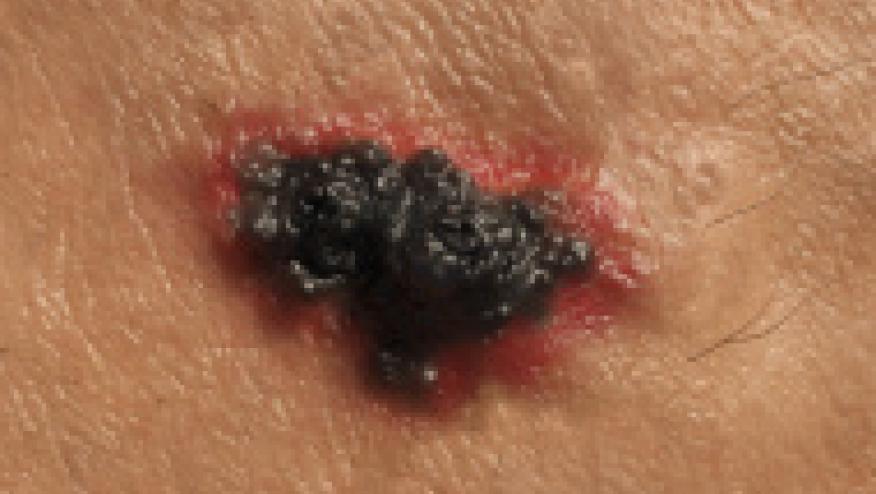Biologics Do Not Increase Melanoma Risk Save

Rheumatoid arthritis (RA) patients have a higher risk of certain cancers (e.g., skin, lung, lymphoma). At issue is whether the newer agents modify this risk appreciably. This issue has been intensively studied and the data is clear that biologic agents do not increase the risk of lymphoma or solid tumors over that seen with active inflammatory RA alone.
Yet there is concern that some uncommon cancers may not have been well studied. A UK registry showed that while TNF inhibitor (TNFi) treated patients had a lower risk of cancer recurrence compared to DMARD treated patients, a small subset with melanoma were more likely to recurr on the TNFi compared to the DMARD.
The effect of TNFi and other biologics on melanoma risk was analyzed by Mercer et al, who pooled the data from 11 biologic registers from nine European countries. They analyzed 130315 RA patients, followed for 579, 983 pt-yrs, until the occurrence of their first invasive melanoma.

They identified 287 melanomas and found no difference in melanoma risk when looking at the biologic-naïve, TNFi and rituximab-exposed patients (SIRS were 1.1 (95% CI 0.9 to 1.4), 1.2 (0.99 to 1.6) and 1.3 (0.6 to 2.6), respectively).
Similarly the melanoma risk in tocilizumab and abatacept-exposed patients were also not significantly increased.
This large European collaborative project did not confirm an overall increased risk of melanoma following exposure to TNFi or other biologic agents.










If you are a health practitioner, you may Login/Register to comment.
Due to the nature of these comment forums, only health practitioners are allowed to comment at this time.